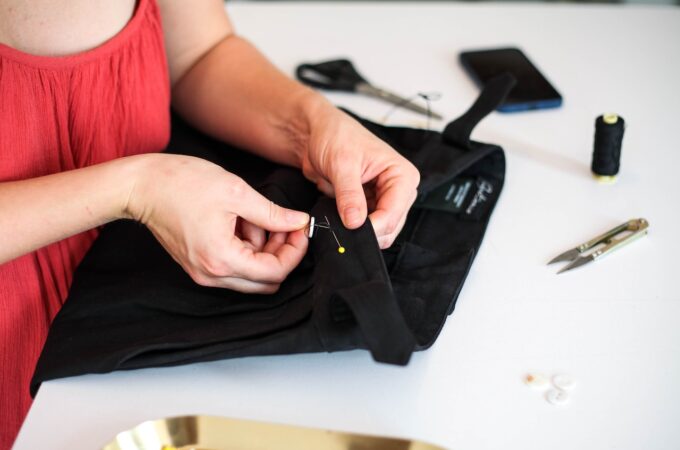
How to DIY: Learn How To Start Doing DIY Projects
Gathering those tools and setting up that workspace might not be such a good idea for now. After all, you’ve yet to learn the DIY basics necessary to put those resources to good use. Before renovating or redoing anything, you might want to read on DIY Building Tools first to start building your do-it-yourself knowledge base. Here are some of the ways to go about that.
How To Start Doing DIY
Homeowners who have a background in carpentry and know some things about home improvement should get a head start. Still, even if you’re starting from scratch, it may not take long to catch up if you swear by the following guidelines:
Start Small
By small, we mean taking on starter projects you can do without any extraordinary skill involved. Take a look around your home; we’re sure you’ll find a few things that need improvement. However, you may want to leave the kitchen sink to the professionals.
When you have a few small projects under your belt, you can start doing more complex ones of similar nature. Avoid moving on to larger projects that require a different set of skills than those you’ve done previously.
Whether you’re starting out or already have some experience under your belt, choose and plan your projects wisely to avoid setbacks. Get some headway on building that DIY experience by trying some of these recommended starter projects:
- Painting walls
- Installing wallpaper
- Mounting a flatscreen
- Filling cracks with waterproof fillers or sealants
- Replacing a toilet
- Installing ceiling insulation
Typically, you’d be able to finish a small project in a day or two. Even better, they often do not require any amazing handiwork to complete. You only need to know how to use some basic tools and be good at following instructions.
On the other hand, bigger projects may require a specialized skill set. Plus, they need more time for planning and execution. Most of them can take at least several days to complete by a team knowledgeable about building codes.
Read, Read, and Read Some More
There are no limits to where DIY can take you if you continuously update your knowledge. In line with this, you can find countless books on DIY that would prove useful resources for beginners.
There are topics on home repairs, DIY basics, as well as planning and execution. We also advise reading on how to start your first project, typical beginner challenges, and other matters you can expect to face as a DIY amateur.

Visit the Internet
When it comes to DIY, the internet can be your greatest friend, but it can also be your worst enemy. However, the former is almost always the case if you visit only trusted sites and online forums.
Like books, sites can provide reliable info on different things DIY. These are especially crucial resources for beginners who need easy access to DIY information and lack the books and magazines for acquiring such.
There is almost no problem or challenge the internet can’t help fix. Books are usually the best resources for those in search of general knowledge, but the internet can have answers for some of the nitty-gritty specifics.
Also, there is no shortage of DIY books online. From beginner carpentry, plumbing, and electrical work to home improvement projects for amateurs, there is a ton of information to leverage on for starter success.
Focus on the Practical
In most cases, basic plumbing and electrical work are the centers of home improvements. Light fixture changes, plumbing problems, faucet replacements, and drain or toilet unplugging are among the most common issues you can solve with DIY.
Typically, beginners should find parts replacement the easier steps of most projects and modifications. In contrast, installations are often the most tedious and complex. Fortunately, there are book and internet resources to walk you through these project phases comprehensively.
Answers to whatever questions you have about DIY aren’t tricky to find at all. Still, it’s crucial to be aware of your own limitations. As soon as you start feeling unsafe or unsure about the situation, call in an expert right away. Serious plumbing and electrical work are things amateur DIY-ers should stay away from. That goes for gas-related projects, too.
Inspection Is Vital
A thorough initial inspection can save you from a bunch of setbacks down the road. Imagine finding out too late that a problem is actually worse than it looked and is far beyond your abilities to fix.
You’ve already gathered all the tools and materials for what you thought would be the initial project and set some time aside for it. Unfortunately, these could all go to waste if you were unable to nip the problem in the bud. A thorough inspection will save you from wasting money and effort.
Not All DIY Projects Are for You
Let’s face it; some things aren’t meant for us. As useful and convenient as some DIY projects may seem, they could also be unsafe for someone who lacks the necessary skills. When matters of safety become an issue, you should know enough to leave it to the professionals.




